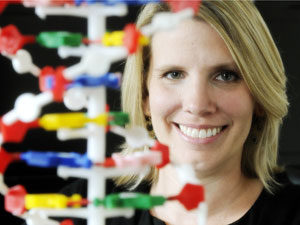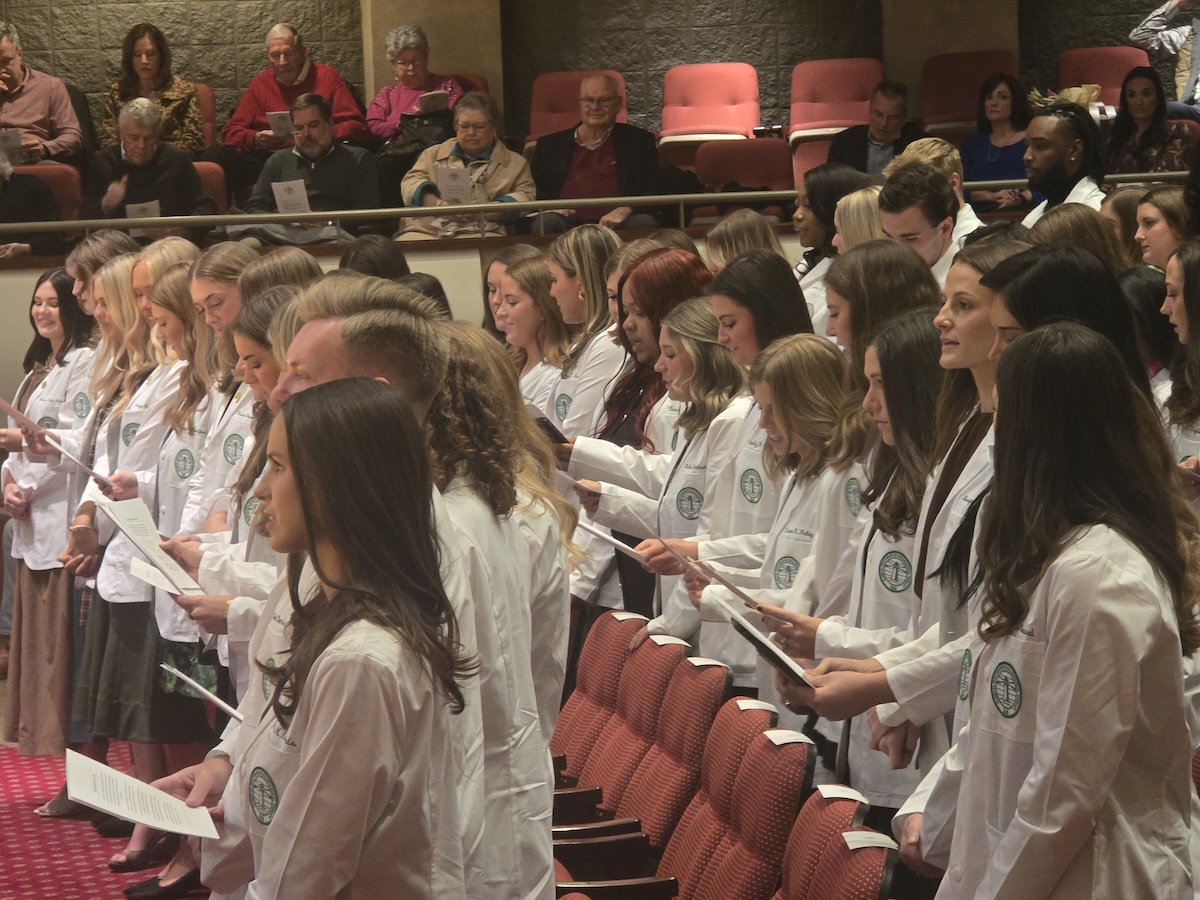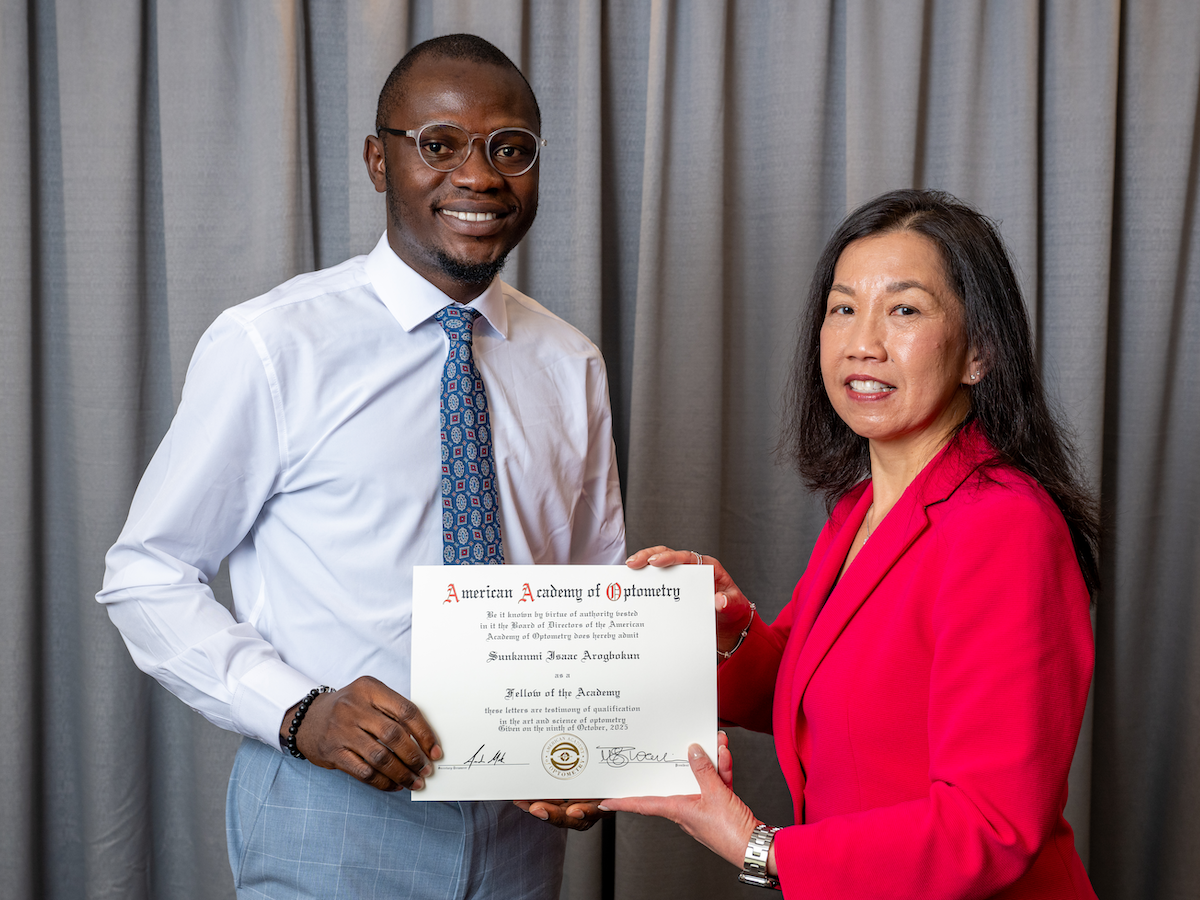 UAB Genetic Counselor Lynn Holt says holidays are a great time to gather family medical history.How much do you know about your family’s health history? Did PawPaw die of heart disease? Has anyone had breast cancer, diabetes or miscarriages?
UAB Genetic Counselor Lynn Holt says holidays are a great time to gather family medical history.How much do you know about your family’s health history? Did PawPaw die of heart disease? Has anyone had breast cancer, diabetes or miscarriages?If you don’t know the answer to these and other family health questions, this holiday season is the perfect time to mine for information from both sides of your family on your family’s health history, says UAB Genetic Counselor Lynn Holt.
“Knowing the health history of both sides of your family provides significant clinical value,” Holt says. “We are better able to look for family-risk factors that have a genetic origin and could influence the way you or your physician manage your health.”
Most people don’t know much about their family history beyond first-degree relatives. Holt says three generations of family history would be ideal, but any information you can gather can be helpful.
“That gives us the opportunity to sort out things might be sporadic and those that might be a pattern in the family,” she says.
Of course, acquiring family health history can be a delicate proposition. Some people enjoy the opportunity to reminisce about family members and days gone by, but for others it still may be difficult to talk about a loss that happened many years ago.
| Gathering your family health history: What to do? • Talk to grandparents or great-grandparents and make detailed records of your immediate family — parents, siblings and children. • Jot down names, year of birth and death and any health problems they had, including at the age at which they first were diagnosed. • Ask if any siblings died during childhood, and if so, why. • If any family member died at a young age, try to determine if it was the result of an accident, known medical problem or because of an unexpected or unknown medical condition. • If there is any cancer in the family, ask the kind and the age family members first were diagnosed. Ask similar questions about heart disease, diabetes, mental health conditions or other common conditions in adulthood. • Try to collect information on three generations of family members. If you can’t get that many, just get as many as you can. • Be sure and get information from both your mother and father’s sides of the family. • Visit www.hhs.gov/familyhistory and follow the complete guide created by the Surgeon General for creating a family health portrait. |
It’s best not to start out too directly or ask questions in a large group. So don’t approach dinner with a “Grandma, can you please pass the dressing, and how was it that grandpa died again?”
Be mindful that these subjects may be difficult for some, Holt says.
“Every family and family dynamic is different, so we encourage people to open the discussion by saying that you’re trying to collect your family health history so you can have a record of the types of conditions that run in the family,” Holt says. “Just ask, ‘Can you help me with that?’”
Holt suggests sitting with a relative or two to open the discussion. And be prepared that there may be emotional issues you may not even know you’re unleashing. If someone becomes upset, apologize; tell them you didn’t realize this would be so upsetting and end the conversation.
Holt says often a seed is planted in that family member, and they may come back to you later.
“We’ve actually had situations where people have written back to the individual who was trying to collect the history, telling them it was too difficult to talk about, but they wanted to send a quick note about what they knew,” Holt says. “Don’t expect to get all the information you want from one person either. You may get bits and pieces and have to fill in the gaps. You have to build your history over time in most cases.”
If you are a family matriarch or patriarch, consider volunteering this information to your children or grandchildren this holiday season as well. “That’s a tremendously valuable gift to give,” Holt says.
Prepare a document to give to relatives that detail anything from cancer diagnoses to heart health to diabetes to whether or not miscarriages were common. And if you can give an account from both sides of the family, that’s even better. A guide to use is available at www.hhs.gov/familyhistory.
“A family history of poor pregnancy outcomes is especially difficult for us to collect from our patients,” Holt says. “Often families don’t talk about stillborn babies, miscarriages or babies who have died young. Many of these things likely occurred in our grandparents’ generation. But if a genetic counselor knows these things, it could be an indicator of some kind of inherited condition. And if a healthy woman planning her pregnancy knows about these issues and could relate them to her OB/GYN, they may be able to offer her different screenings or testing during her pregnancy.”
Other important areas to explore for answers are cancer, heart disease, diabetes, mental health conditions or other common conditions in adulthood. Ask when the condition was first diagnosed; age of diagnosis is medically more valuable than age of death in determining heritable conditions. Also look into any environmental exposures that may explain family health problems, such as occupational exposures, smoking or pollution.
“Once you’ve collected this information, share it with your physician,” Holt says. “They can help determine if there are certain health conditions for which you need to be evaluated based on your family history.”

